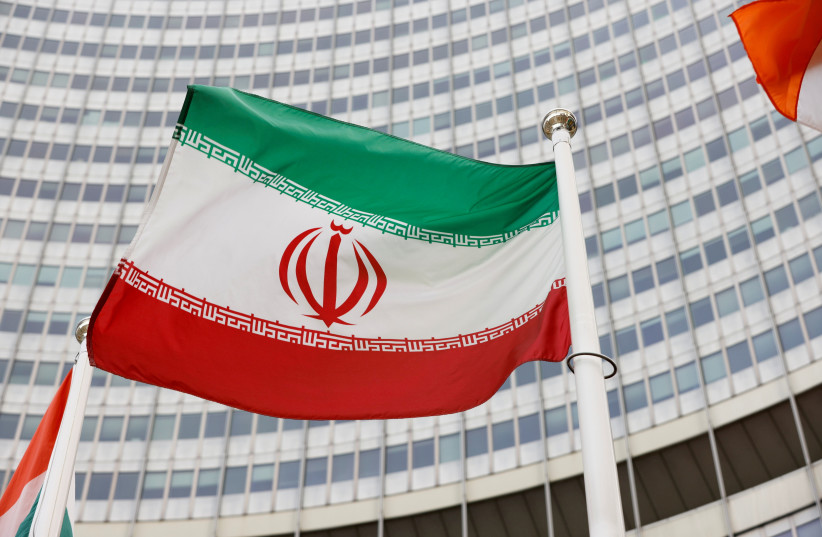Families of European nationals held in Iran have sent a letter to European Union foreign policy chief Josep Borrell demanding answers over the fate of their loved ones, which they feel are being neglected as the bloc tries to revive a nuclear deal.
"Negotiations with Iran on the Joint Comprehensive Plan of Action (JCPOA) have been taking place for months. Meanwhile, several European citizens are being held hostage by the Islamic Republic of Iran," said the letter addressed to Borrell dated September 6. It was signed by family members of Benjamin Brière, Kamran Ghaderi, Ahmadreza Djalali and Jamshid Sharmahd.
"We, the families of French, Swedish, German, and Austrian citizens, who have been illegally detained by the Iranian regime, are outraged that the European Union seems to be ignoring these crimes."
"We, the families of French, Swedish, German, and Austrian citizens, who have been illegally detained by the Iranian regime, are outraged that the European Union seems to be ignoring these crimes."
Families of hostages held in Iran
In recent years, Iran’s elite Revolutionary Guards have arrested dozens of dual nationals and foreigners, mostly on charges related to espionage and security. The US government has classified Iran’s Islamic Revolutionary Guards Corps (IRGC) as a foreign terrorist entity.
Borrell’s office was not immediately available for comment.

"Negotiating with thugs, people without respect for human rights is a failed policy"
“Negotiating with thugs, people without respect for human rights is a failed policy,” Lawdan Bazargan, an Iranian-American human rights activist, who works to secure the release of political prisoners in the Islamic Republic of Iran, told The Jerusalem Post.
Iran’s former president, Hassan Rouhani, wrote a book about how the country “tricked the Europeans with negotiation talks while the regime continued building infrastructure for enriching uranium.”
Bazargan added, “After the Joint Comprehensive Plan of Action was approved in 2015, the Islamic regime continued denying the International Atomic Energy Agency inspectors access. Trusting a regime that hangs people from cranes on the streets, kidnaps foreigners and commits terrorist acts on European and American soil is an unforgivable mistake.
“My heart goes out to the family members of the hostages who wrote this letter. Still, the reality is that the well-being of 80,000,000 Iranians, peace in the Middle East, and the National Security of Europeans and Americans are endangered by this rogue regime.”
Talks to revive a 2015 accord to curb Iran's nuclear program in return for the easing of sanctions have stalled since March despite hopes in August of a breakthrough.
The EU is the coordinator of the indirect talks between Iran, the United States and other world powers. On Monday, Borrell said he was less confident of reaching a deal after receiving Tehran’s latest proposal.
Rights groups have accused Iran of trying to extract concessions from other countries through such arrests. Iran, which does not recognize dual nationality, denies taking prisoners to gain diplomatic leverage.
“All of them wonder whether EU officials have forgotten them and how much longer they will have to endure this ordeal,” the letter said, calling on Borrell to focus on their release.
“Will their release be prioritized? Will the European Union prioritize the defense of its values, the defense of human rights, over economic and other interests?” the letter added.
Reuters contributed to this report.
